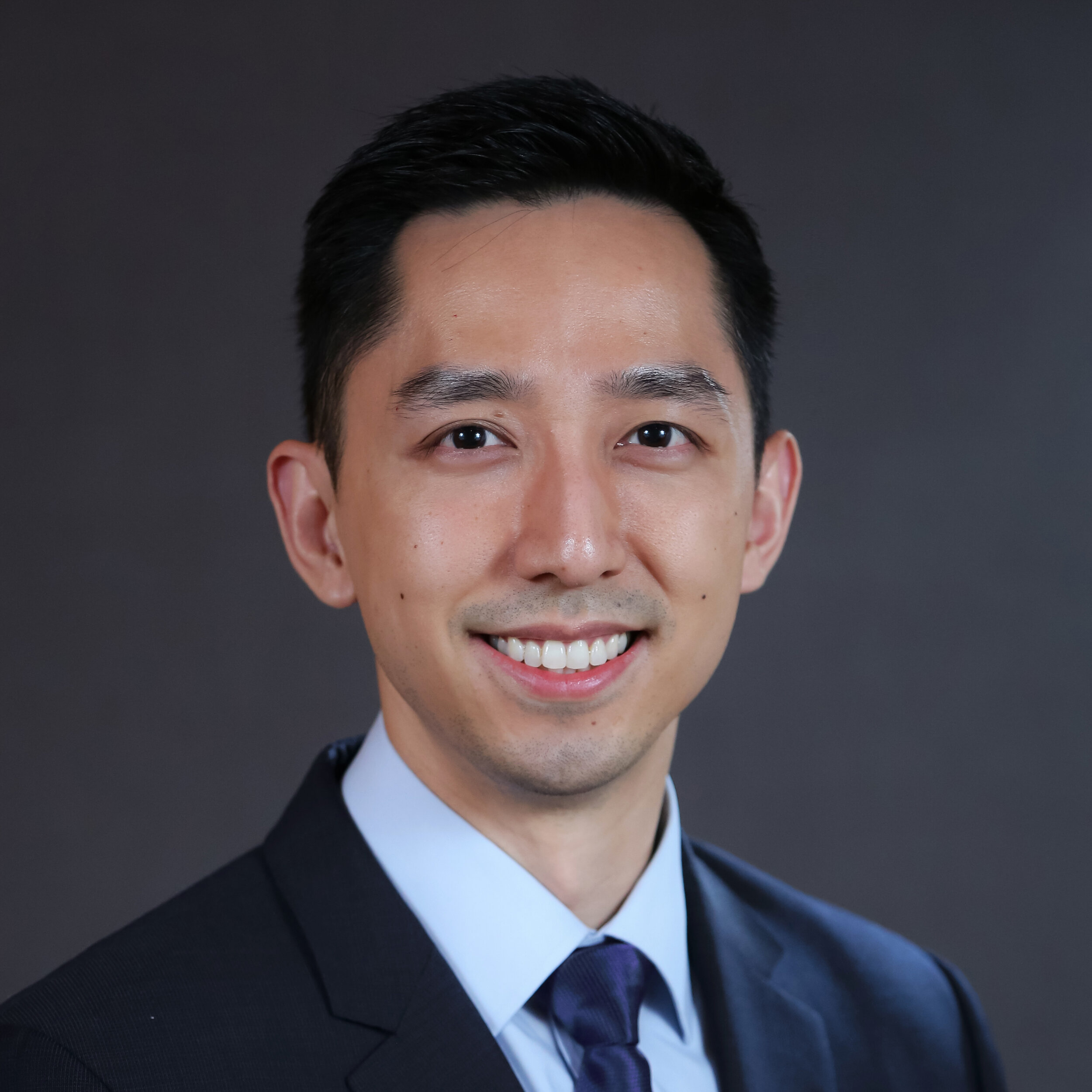Authors
Eric D Haunschild, Ron Gilat, MD, Michael C Fu, MD, MHS, Tracy Tauro, Hailey P Huddleston, Adam B Yanke, MD, Brian Forsythe, Nikhil N Verma, MD, Brian J Cole, MD, MBA
Journal
American Journal of Sports Medicine. 2020 Oct 26;363546520964957. doi: 10.1177/0363546520964957.
Abstract
Background
The Patient-Reported Outcome Measurement Information System Upper Extremity (PROMIS UE) questionnaire has been validated as an effective and efficient outcome measure after rotator cuff repair (RCR). However, definitions of clinically significant outcomes used in interpreting this outcome measure have yet to be defined.
Purpose
To define clinically significant outcomes of the PROMIS UE questionnaire in patients undergoing arthroscopic RCR.
Study design
Cohort study (diagnosis); Level of evidence, 3.
Methods
We reviewed charts of consecutive patients undergoing RCR in our institution between 2017 and 2018 and included patients who were administered the PROMIS UE before surgery and 12 months after surgery. At 12 months postoperatively, patients were asked domain-specific anchor questions regarding their function and satisfaction after surgery, which were then used to determine the minimal clinically important difference (MCID), Patient Acceptable Symptomatic State (PASS), and substantial clinical benefit (SCB) using receiver operating characteristic and area under the curve (AUC) analysis. Univariate and multivariate logistic regression analysis was utilized to identify patient factors associated with clinically significant outcomes.
Results
A total of 105 patients with RCR and minimum 12-month postoperative PROMIS UE were included in the analysis. The defined clinically significant outcomes were 4.87 for the MCID using a distribution-based method, 7.95 for the SCB (sensitivity, 0.708; specificity, 0.833; AUC, 0.760), and 39.00 for the PASS (sensitivity, 0.789; specificity, 0.720; AUC, 0.815). Among respondents, 79.0%, 62.9%, and 64.8% achieved the MCID, SCB, and PASS score thresholds, respectively. Workers' compensation was negatively associated with achievement of the PASS. Lower preoperative PROMIS UE scores were associated with obtaining the MCID (odds ratio [OR], 0.871; P = .001) and the SCB (OR, 0.900; P = .040), whereas higher preoperative scores were predictive of achieving the PASS (OR, 1.111; P = .020).
Conclusion
This study defines the clinically significant outcomes for the PROMIS UE after RCR, of which the majority of patients achieved the MCID, PASS, and SCB at 12 months after surgery. These thresholds should be considered in future study design and interpretation of PROMIS UE in patients with RCR.
Keywords
MCID, PASS; PROMIS; SCB; rotator cuff repair.
About the Author
Dr. Michael Fu is an orthopedic surgeon and shoulder specialist at the Hospital for Special Surgery (HSS) in New York City (NYC) and New Jersey (NJ), the best hospital for orthopedics as ranked by U.S. News & World Report. Dr. Fu treats the entire spectrum of shoulder conditions, including rotator cuff tears, shoulder instability, and shoulder arthritis. Dr. Fu was educated at Columbia University and Yale School of Medicine, followed by orthopedic surgery residency at HSS and sports medicine & shoulder surgery fellowship at Rush University Medical Center in Chicago. He has been a team physician for the Chicago Bulls, Chicago White Sox, DePaul University, and NYC’s PSAL.
Disclaimer: All materials presented on this website are the opinions of Dr. Michael Fu and any guest writers, and should not be construed as medical advice. Each patient’s specific condition is different, and a comprehensive medical assessment requires a full medical history, physical exam, and review of diagnostic imaging. If you would like to seek the opinion of Dr. Michael Fu for your specific case, we recommend contacting our office to make an appointment.

